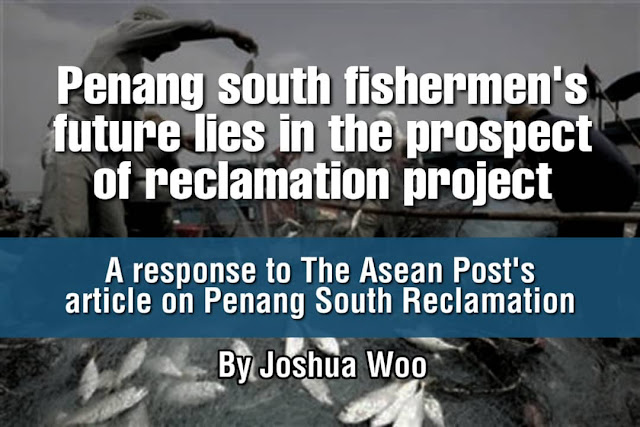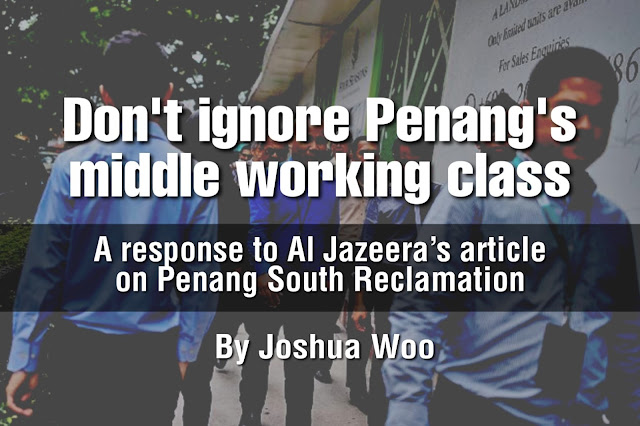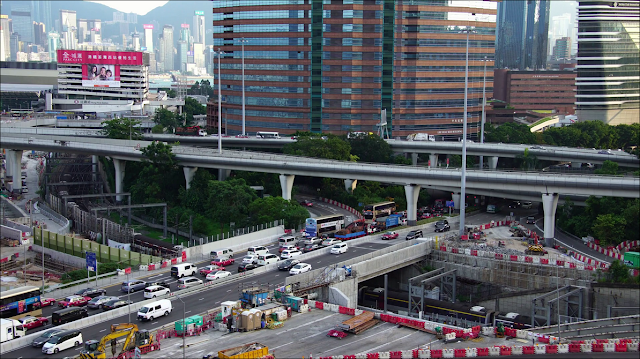Penang south fishermen's future lies in the prospect of reclamation project – A response to The Asean Post’s article on Penang South Reclamation scheme

A recent article about Penang’s marine life in The Asean Post has given wrong impression about a reclamation proposal and the fisheries condition in the State. (‘ Penang’s new islands will kill marine life ,’ 23 June 2019) I would like to provide facts to correct the article’s misleading portrayal of the matter. Exaggeration of fishermen’s plight The article states that “The proposed area for the artificial islands is currently the place where most fishermen around the state coastline live and work. Objections have come from this group of fishermen whose livelihoods and villages are threatened most by this project.” (Emphasis added) This is wrong as the number of fishermen living in Barat Daya district, where the reclamation site is located, is 912 out of 2,905 registered fishermen in Penang. That means most of the fishermen are living at other coastline in the State, not at the reclamation site. Besides exaggerating the number of fishermen staying near the

